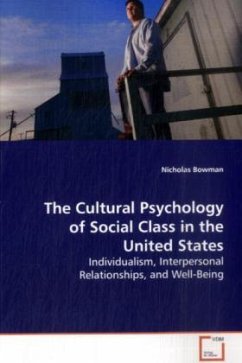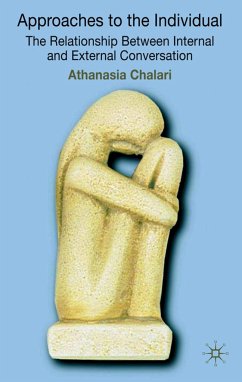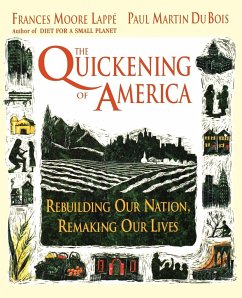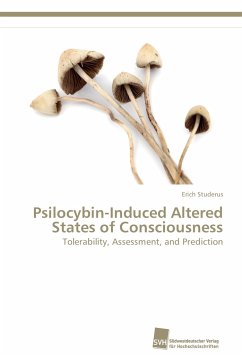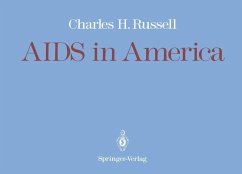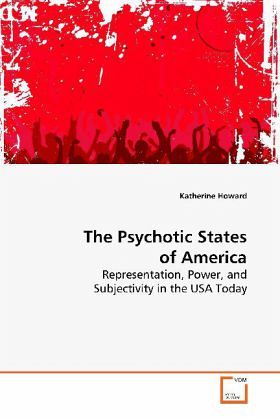
The Psychotic States of America
Representation, Power, and Subjectivity in the USA Today
Versandkostenfrei!
Versandfertig in 6-10 Tagen
39,99 €
inkl. MwSt.

PAYBACK Punkte
20 °P sammeln!
Every day, what is left of our major metropolitan newspapers seems to tell us that America has gonecrazy. But are we actually a nation of psychotics?This study looks at contemporary American culturethrough the lens of lacanian psychoanalytic theory.It takes as its central premises that as a nation, wemanifest signs of psychosis both in culture and inperson,and that capitalism and foucauldian powerexert a formidable influence on the emerging mode of"subjectivity." But hey, who says psychosis has to beall bad? Julia Kristeva suggests that there arepsychotic modes of art forms that push the subje...
Every day, what is left of our major metropolitan
newspapers seems to tell us that America has gone
crazy. But are we actually a nation of psychotics?
This study looks at contemporary American culture
through the lens of lacanian psychoanalytic theory.
It takes as its central premises that as a nation, we
manifest signs of psychosis both in culture and in
person,and that capitalism and foucauldian power
exert a formidable influence on the emerging mode of
"subjectivity." But hey, who says psychosis has to be
all bad? Julia Kristeva suggests that there are
psychotic modes of art forms that push the subject to
the limits of subjectivity, and in doing so,
destablize unitary meaning; this type of art, though
it may make us feel unmoored from ourselves,is
productive and works for the good of a democratic
society. This book explores American cultural
productions that manifest psychosis in both salutary
and destructive ways.
newspapers seems to tell us that America has gone
crazy. But are we actually a nation of psychotics?
This study looks at contemporary American culture
through the lens of lacanian psychoanalytic theory.
It takes as its central premises that as a nation, we
manifest signs of psychosis both in culture and in
person,and that capitalism and foucauldian power
exert a formidable influence on the emerging mode of
"subjectivity." But hey, who says psychosis has to be
all bad? Julia Kristeva suggests that there are
psychotic modes of art forms that push the subject to
the limits of subjectivity, and in doing so,
destablize unitary meaning; this type of art, though
it may make us feel unmoored from ourselves,is
productive and works for the good of a democratic
society. This book explores American cultural
productions that manifest psychosis in both salutary
and destructive ways.



